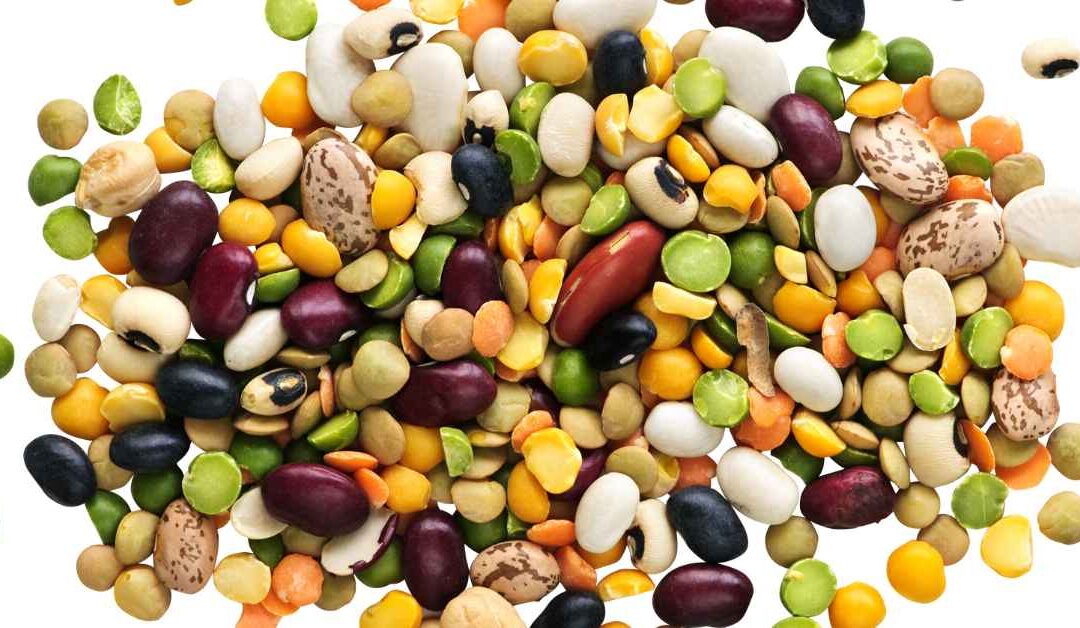Beans are high in fibre, iron, vitamins, easy to cook, provide a lot of health benefits and are dirt cheap. So why do we not have more of these amazing ‘fruits’ into our diet? – Is it because they give you gas?
Basics
Black beans, soy beans, pinto beans, white beans, black eyed beans, lima beans and so on fall under a group called legumes, as do peas, lentils, and peanuts.
These legumes are bursting with fibre. Did you know that 1 cup of green peas has 7 grams of fibre, a cup of lentils has 16 grams, but pinto beans beat these with a whopping 30 grams of fibre per cup! For pinto beans, this means that with one cup of these bad boys you have already ticked off your fibre quota for the day.
It is true that for some people beans are somewhat harder to tolerate. On the flip side, the benefits of having more beans in your diet can’t be argued with. Blood pressure and cholesterol reduce, your waist will get smaller, and your risk of a heart attack and colon cancer halves. . Many studies have been conducted in this field, with one finding that a group consuming legumes lost more weight even though they ate the same number of calories as the none legumes group. If that does not blow your mind…
Gas
So, what’s with the gas? Unfortunately, beans can indeed have an affect on your intestines. How does this happen you wonder, two words: fibre and raffinose. Let’s unpack them for you.
Fibre
Fibre can give you a bloating feeling and have some effects on your intestines, especially if you are not used to having many fibres in your diet. In this case, I may be best to slowly increase the amount of fibre in your diet step by step, instead of going cold turkey and introducing a cup of beans a day with your meals. Don’t forget, other plants also hold a lot of fibre including mango, beets, silver beet, sweet potatoes.
Raffinose
Beans contain a compound called raffinose. It’s a type of non-digestible carbohydrate also found in foods like brussels sprouts, broccoli and cabbage. Our body has trouble digesting these raffinoses and therefore it results in bloating and gases.
Solution
Some people will be more sensitive to gas and bloating then others, however there are a couple of little tricks that could help you. Soaking and cooking your beans before consuming them can have a positive effect on the raffinose and may prevent gas development. The second thing you can try as mentioned before, is taking a step-by-step approach,slowly increasing the intake of beans into your diet. This is something I think in general is a good idea when starting new eating habits like for example when you want to have a more plant-based orientated diet.
Conclusion
Beans are full of good stuff, full of fibre and rich in vitamins and minerals. You don’t want to miss out on all that goodness. Unfortunately the fibres and raffinose could leave you with some uncomfortable gases which lead to farts.
Increasing your intake of these beautiful vegetables slowly plus soaking them before you cook them could help you to minimize the development of gases.
I hope you found this article interesting, please let me know if you have any questions.
With Love,
Jimmy

